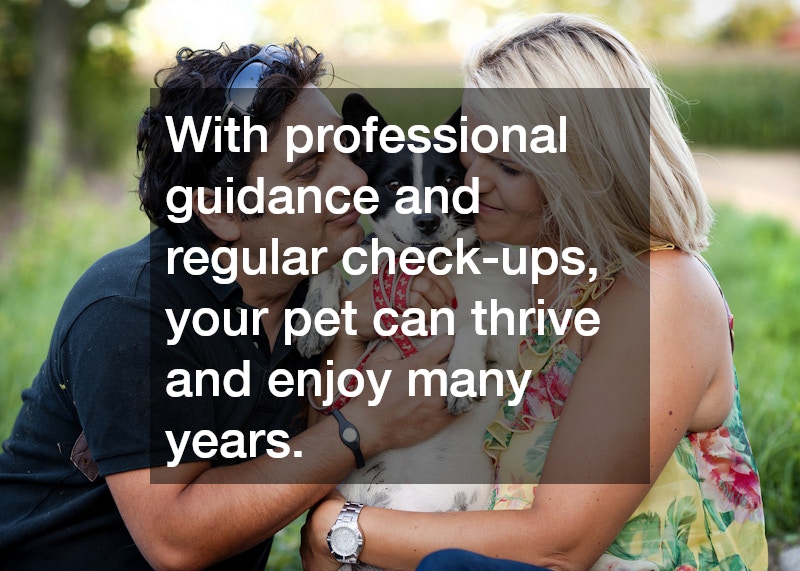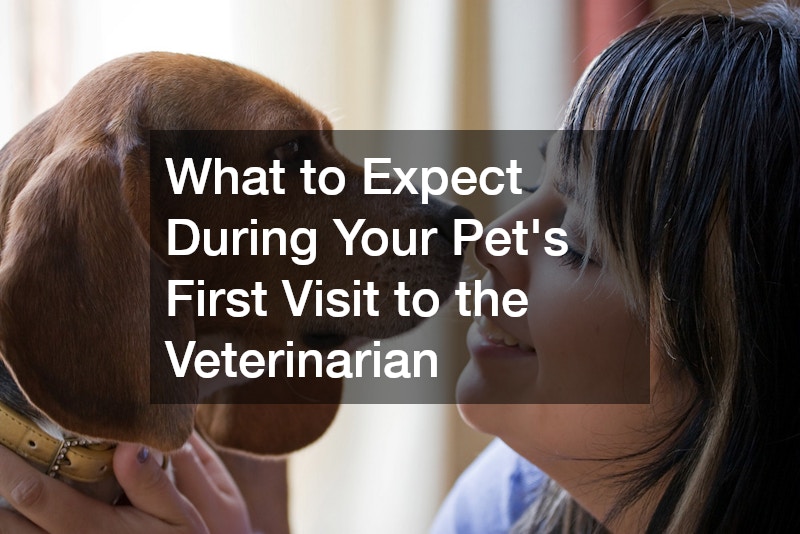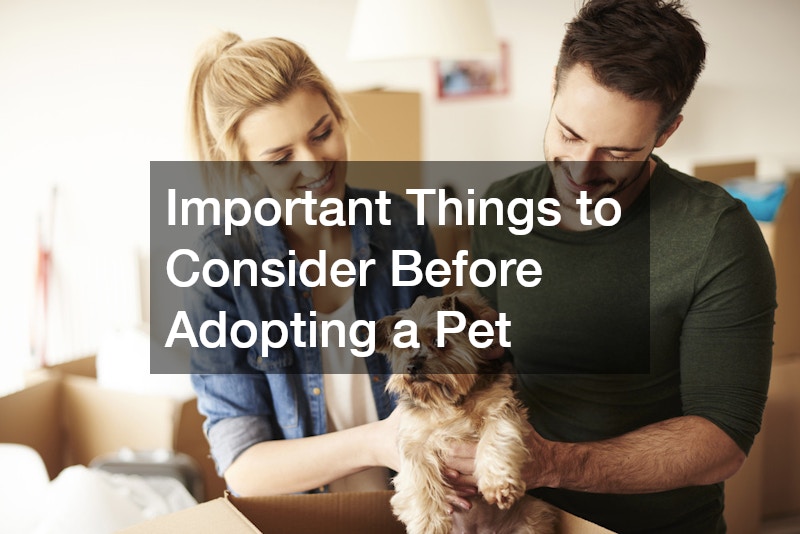Taking your pet to the veterinarian for the first time is an important milestone for any new pet owner. It marks the beginning of a lifelong partnership between you, your pet and the veterinary team who will help keep your companion healthy.
While it can be an anxious experience, understanding what happens during this first visit can make the process more comfortable and productive for everyone involved.
Whether you have a puppy, kitten or an adult animal, the initial appointment is designed to assess your pet’s overall health, address any immediate concerns and establish a plan for ongoing care. Knowing what to expect before, during and after the visit helps you prepare and ensures your pet gets the best start possible.
Preparing for the First Visit
Before your pet’s first trip to the veterinarian, take some time to gather relevant information. This might include details about their diet, behaviour, and any health history you already have. If your pet was adopted, bring along any paperwork from the shelter or rescue group.
It’s also helpful to write down any questions or concerns you want to discuss with the veterinarian. This could include anything from changes in appetite to behavioural issues or worries about vaccinations.
Make sure your pet is safely contained for the journey. Puppies and kittens should be in a secure carrier, while older dogs should be on a leash. This ensures their safety and the safety of other animals and people at the clinic.
What the Veterinarian Will Do
The first appointment usually starts with a comprehensive physical examination. The veterinarian will check your pet’s eyes, ears, nose and mouth to look for signs of infection or abnormalities. They will assess the skin and coat for parasites, irritation or dryness.
Listening to the heart and lungs allows the veterinarian to check for any irregularities in breathing or heartbeat. They will also feel the abdomen and limbs to detect lumps, pain or swelling.
Measuring your pet’s weight and body condition score is important to determine if they are underweight, overweight or just right. This helps the veterinarian offer tailored advice on diet and exercise.
The vet may also ask questions about your pet’s behaviour, energy levels and toileting habits to get a full picture of their wellbeing.
Vaccinations and Preventive Treatments
A crucial part of the first veterinary visit is developing a vaccination schedule. Vaccines protect pets against common and potentially deadly diseases such as parvovirus, distemper, kennel cough and feline leukemia.
The veterinarian will recommend which vaccinations are appropriate based on your pet’s age, lifestyle and environment. Puppies and kittens typically require a series of vaccinations spaced out over several weeks.
Preventative treatments for parasites such as fleas, ticks and worms are usually discussed and may be started during this visit. These treatments are essential for protecting your pet from discomfort and serious illness.
In some cases, the vet may take samples for blood or faecal tests to check for infections or underlying health conditions.
Nutrition and Lifestyle Advice
Feeding your pet the right diet is fundamental to their growth, health and happiness. During the first appointment, the veterinarian will provide guidance on choosing suitable food types and portion sizes based on your pet’s breed, age and activity level.
They may suggest specialised diets for pets with allergies, sensitivities or specific health issues. Advice on treats, table scraps and meal timing is often part of the discussion.
Exercise requirements will also be covered to ensure your pet stays fit and avoids obesity-related problems. Depending on your pet’s breed and energy levels, the vet can help you develop an appropriate exercise routine.
Good dental care is another important topic. The veterinarian may demonstrate brushing techniques or recommend dental treats and chews to maintain oral health.
Behavioural Concerns and Training
If you have noticed any behavioural issues, such as aggression, anxiety or excessive barking, be sure to bring them up. The veterinarian can offer practical advice or refer you to a qualified animal behaviourist.
Early socialisation and training tips are often part of the conversation, especially for puppies and kittens. These help set your pet up for a happy and well-adjusted life.
Building a Long-Term Health Plan
Your pet’s first visit to the veterinarian is just the beginning of an ongoing relationship. Establishing a trusted veterinary team means your pet will receive regular wellness checks, vaccinations, parasite prevention and early diagnosis of any health concerns.
The vet will discuss how often your pet needs to return for check-ups and what to expect at future appointments. Booster vaccinations and recommended screenings, such as dental checks and blood tests, are scheduled according to your pet’s age and health status.
What Happens After the Visit
After the appointment, the veterinarian may prescribe medications, recommend follow-up visits or suggest lifestyle changes. It’s important to follow their advice and contact the clinic if your pet shows any unusual symptoms.
Your pet’s first visit to the veterinarian is a vital step in ensuring a healthy and happy life together. Expect a thorough physical exam, tailored vaccination and parasite prevention plans, nutrition advice and behavioural support.
Preparing ahead and communicating openly with the veterinarian will make the visit less stressful for both you and your pet. Establishing a strong relationship with a trusted veterinary clinic means your companion will receive ongoing care that supports their wellbeing.


